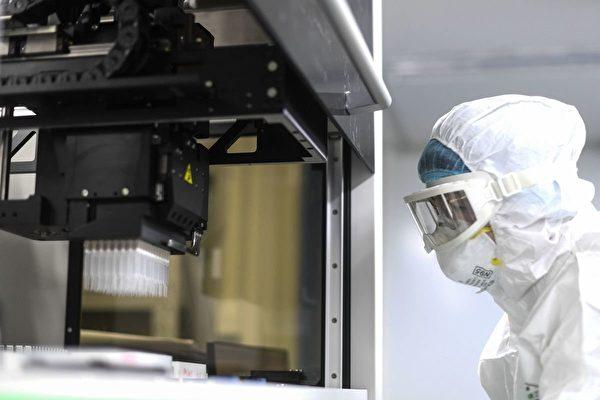News Analysis
This is the third of three articles that introduce readers to the research and mission of BGI Group, China’s leading genome sequencing company with customers around the globe. Its research involves collecting, studying, and altering human and animal genes to facilitate such things as biochemical weapons development and even customizing humans.
The media in Great Britain, the United States, and Germany have reported that BGI Group, the Chinese genetic technology leader, has been working with the Chinese Communist Party (CCP) and military to identify and study the genetic characteristics of different populations. This has involved the genetic testing of millions of pregnant women from around the world.





